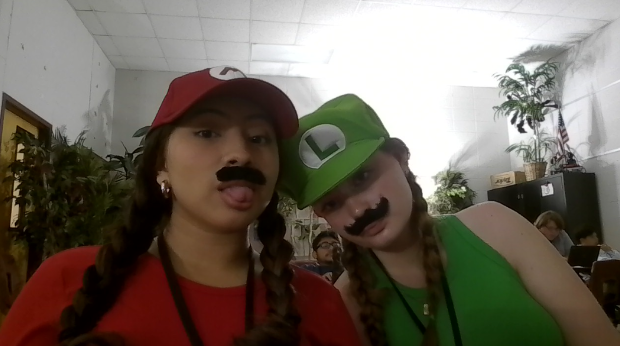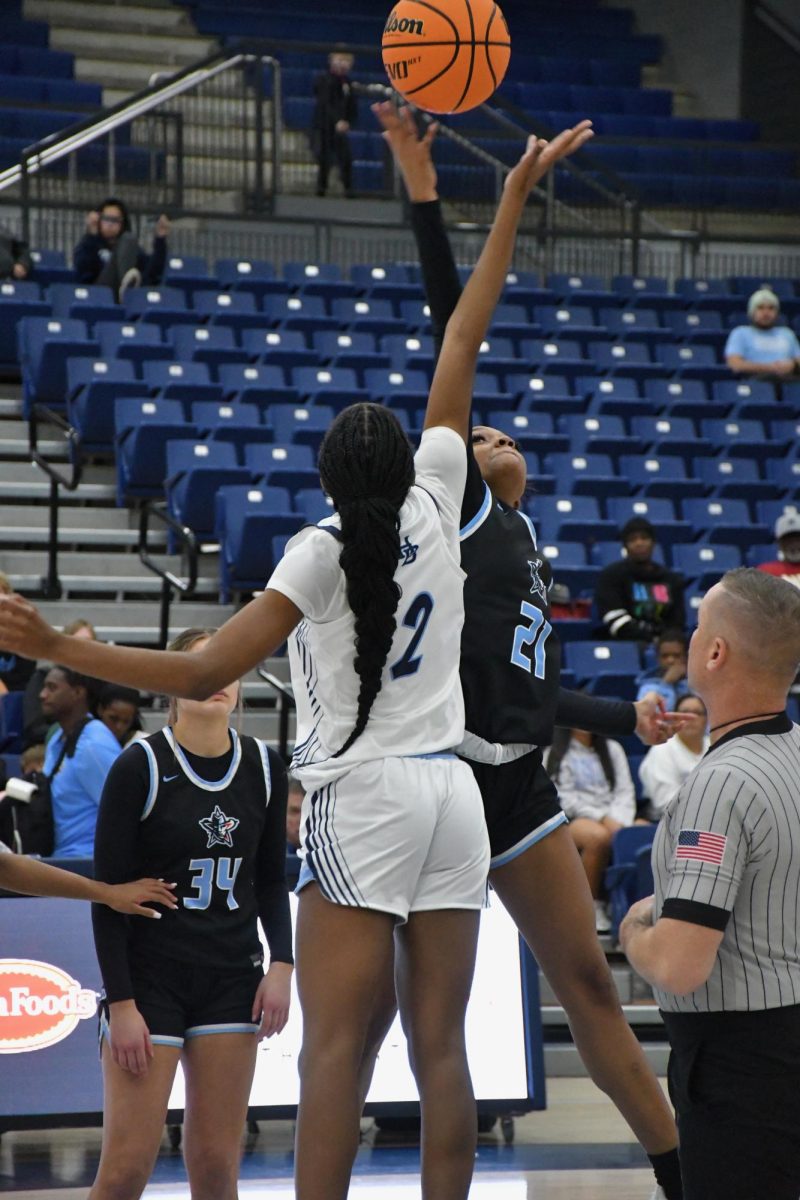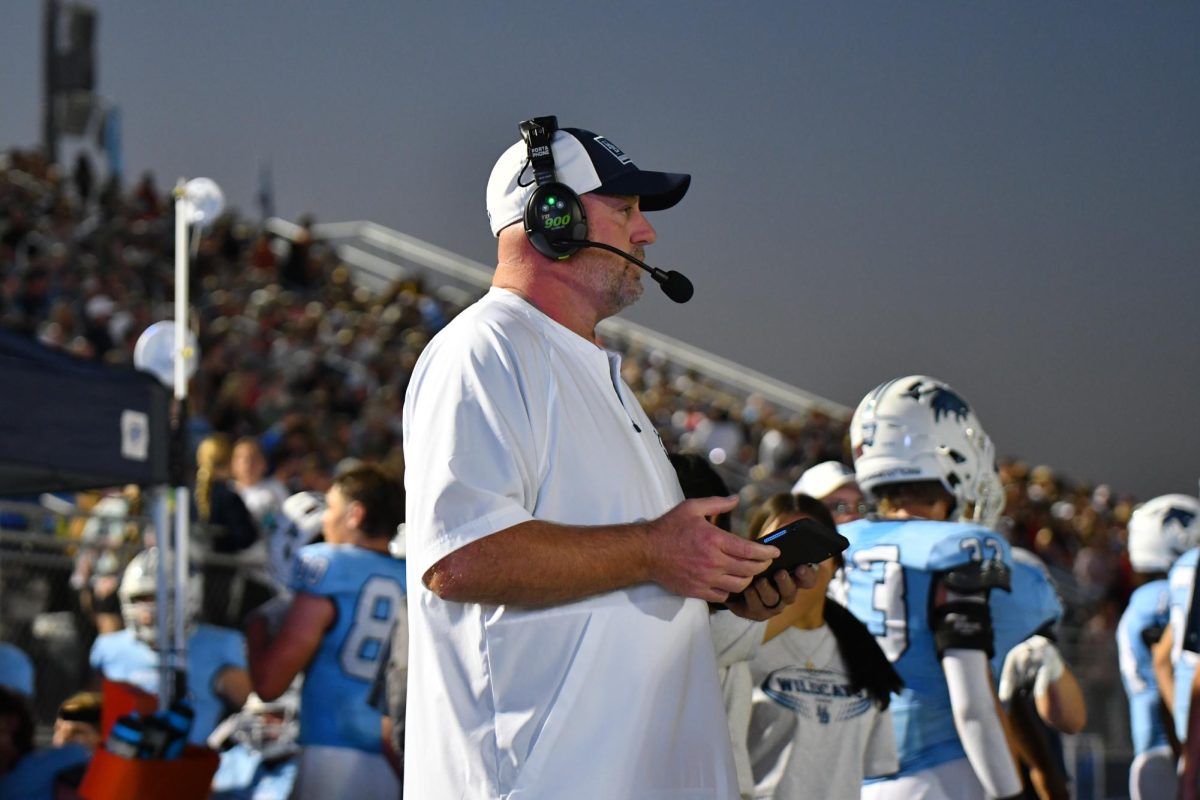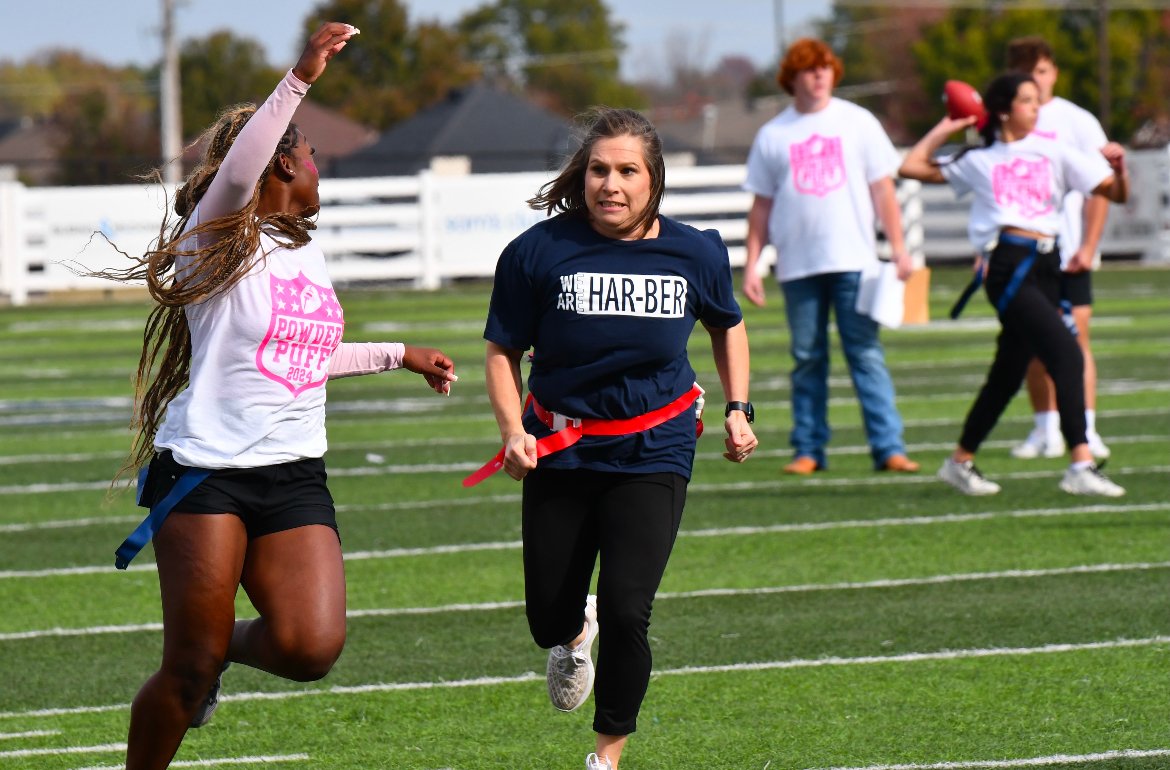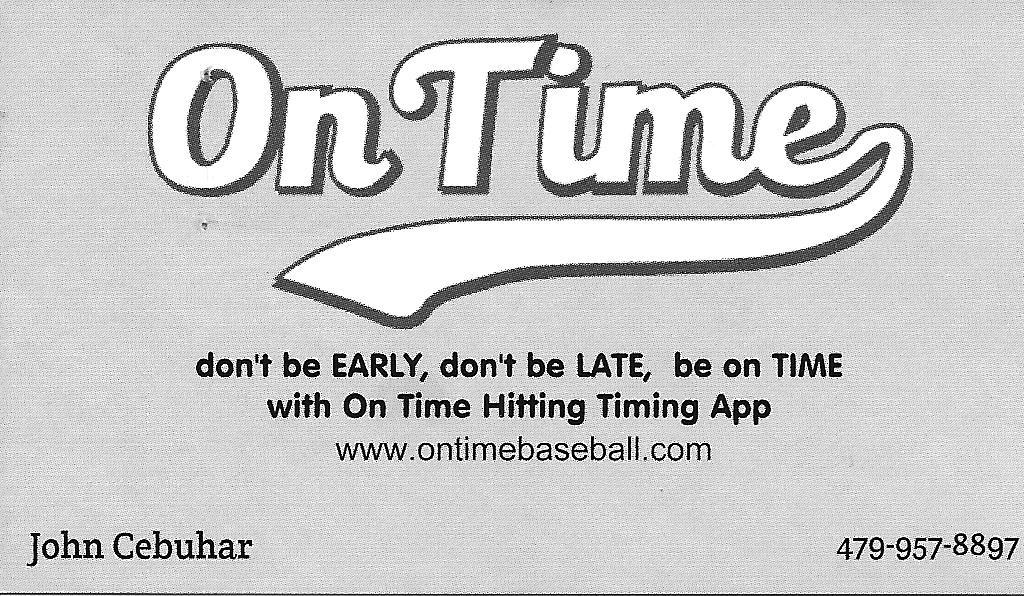Student digs up an interest in archeology
November 17, 2015
In an effort to bury a deceased bird that she found, Hornor dug a hole deep enough for the body to be underground. As her fingers fought the dirt, she hit something hard beneath the layers of ground. Horner had just found her very first arrow head, and this day changed her life.
“Right then, when I was seven, I knew I wanted to be a Native American archeologist,” said senior Caroline Hornor.
Horner’s childhood was devoured in history and interesting artifacts. Her parents supported her by purchasing books or pictures and information about her current interest.
“I used to be really interested in Egyptian stuff when I was young, basically all the way up until I was seven,” she said.
Her interest in Egyptian history lead to hours of reading informational books so that she could fully understand what they were like. Her attention drifted slowly towards Native American history, but was not totally underway until her first find.
“When I found my first arrowhead it was like a rush,” said Horner.
Once she found one piece of history, she did not need anything else to convince her to pursue this field. Horner began to dig around her lake house, where she found her first arrow head, and soon became a skilled digger.
“I would continue to always find little broken points and things,” she said.
Each small find encouraged her to continue this newfound obsession. Her passion has always remained in uncovering history, but over time it has shifted throughout specific time periods and places.
“I went from Egyptian loving, to Native American loving, to Greek and Roman loving,” said Horner.
Her final infatuation, Rome, was ignited throughout her travels across the world. Since she was little, her family has trekked across the country as well as overseas.
“My grandparents believe that the power of travel is the most important gift that they can give you,” said Horner.
The trips that they would partake in were fun, but also very educational. Like any other young kid would, Horner can remember complaining about stopping at museums and being forced to learn about her surrounding. Traveling changed immensely after their first couple of trips.
“After I began finding my arrow heads, I truly began to appreciate what this world has to offer,” said Horner
In the ninth grade, her family decided to venture to Rome for Christmas. While she was there, she fell in love with the people and food, but most of all the architecture.
“I saw the ancient culture, I mean 2,000 years older than anything I was digging up myself, and I decided that I wanted to be a cultural archeologist,” said Horner
Cultural archeologists’ focus is limited only on the study of the Greek and Roman, commonly known as The Classics. She immediately began diving into this field after her return home. Her main problem that she ran into was the fact that not many people in America, especially in Arkansas, are interested in cultural archeology. The only way to learn about her future career was to pursue it on her own. Horner read many books discussing Greek Mythology, history, and architecture.
“A lot of the career of an archeologist is more of an architecture degree. You have to understand the engineering of how certain things worked and what [the people of that time] were thinking,” said Horner.
In 2014 her family decided, after constant pleading, to take her to Rome again. When she was there, she noticed how common her interests were to other people there, as she saw archeologists very often.
“When we went in the catacombs, there were archeologists just sitting there right in front of me,”said Horner.
Amazed by the career of uncovering historical masterpieces, Horner has made many steps to lay out her future.
“Idealy I would like to get a degree in anthropology with a minor in archeology,” said Horner.
Her reasoning for not solely pursuing archeology is due to the fact that the amount of jobs is much more substantial in anthropology. Having a minor in archeology would give her a lot of background experience that will help her to get more jobs as well.
“I plan on studying abroad every summer working with The Classics program at the U of A to really amplify my knowledge of the Greeks and Romans,” said Horner
Horner thinks that being able to go with her school to the place she loves next year is going to be such an influential experience. Although digging is her first love, Horner is open to many other fields within the archeologist title.
“I would love to become a professor if I could, and get a doctorate. I think it would be a lot of fun to teach at the university level and I think it’s a great way to amplify knowledge,” said Horner
Last year, Horner got the chance to meet an archeologist that works in the Classics program for the U of A and they shared many of the same interests and views. After long discussions, the possibility of allowing Horner to accompany the U of A to a dig in Rome or Greece this summer worked its way to the main topic.
“I’ve gone down to the U of A and talked to the entire Classics program and I hope that I keep in touch with her so that maybe I will be able to go,” said Horner.
One of the most important things to her is the legacy that other people leave behind. The life story of so many decades is determined by the artifacts that we find related to them.
“I want to be buried with washing machines and everything from this time period, so that if someone were to dig me up they would know everything that I lived with during the time I was alive,” said Horner.
